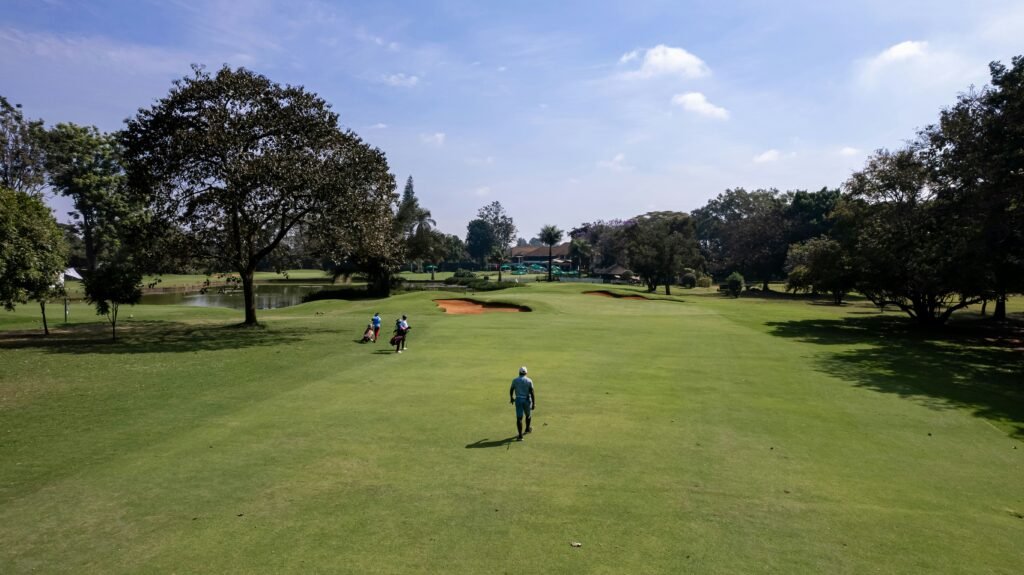Let's Imagine Your Life Without Social Media.
Imagine how our daily lives would be if social media, which profoundly influences us, did not exist.
One could argue that your time and health are two of the most priceless assets in your life. Apart from raising health hazards, social media steals valuable time from us without our even realising it. Indeed, social media has virtually stretched our means of communication immeasurably. It has, meanwhile, also caused distance between us and our families and close friends. You could question how that comes about. Allow me to clarify then.
The excessive use of social media eats the precious time you could have spent with friends or relatives. Your family would be more cared for, and the link among you would get even stronger.
Direct interaction—that is, looking into each other’s eyes, sharing emotions, and communicating ideas—forges an emotional connection that words cannot adequately portray. Social media has evolved into a sort of addiction that saps your time to communicate with oneself. Having a sincere conversation with yourself is the finest approach to know yourself.
Social media starts to progressively alter your behaviour in ways you might not even be aware of. You can concentrate more on your own well-being and happiness by not being worried about the life of others. Social media would not take your valuable time anymore. Without social media, we would emphasise more on creativity and self-development—reading books, picking up new skills, and spending time in nature. Social networking has heightened the inclination towards mental tension and depression.
Real-life events and pleasures would become more worth when we avoid dealing with internet abuse or trolling. We post on social media many facets of our personal life every day. You might not know how much personal information is being shared among pointless people that results in criticism. This problem would just vanish without social media. Without social media, our personal data would be lot safer. Only familiar individuals would know about us, so lowering the possibility of data abuse as the inclination to disclose personal life online would fade.
Dopamine is released in our brain when someone likes or remarks on our post. Every alert increases dopamine levels, which helps the brain to become used to craving more. This causes one to spend more time on social media than necessary for critical chores. The brain gets trained to pursue dopamine, which makes focussing on other aspects more difficult. Lack of social media would be the only way to solve this enormous issue.
Our main news source nowadays comes from social media. People would rely on newspapers, TV, or radio for updates absent it. Rumours and fake news would lessen since fact-checking requires more time. As people would rely on skilled reporters for accurate information, journalism would become more valuable.
Workers in the United States spend an average of 2.35 hours everyday on social media at work, according to a 2019 study—equivalent to over 12.5 billion labour hours yearly. This information, nevertheless, is from 2019; recent numbers could differ.

